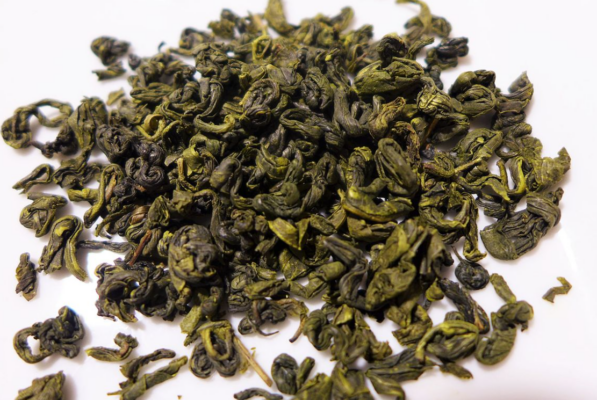Ancient Greece is known for many things, most prominently it is seen as the “cradle of Western civilization”, a society that set the foundation for philosophy, politics, science, and art for the Western world. A lesser-known fact about ancient Greece, however, is that drinking tea, Greek mountain tea in particular, was not only common as a source of refreshment, it was instrumental as a form of medicine.
Greek Mountain tea is a caffeine-free herbal tea in that it is not made from Camellia Sinensis plants. Rather, Greek mountain tea is made from a plant called Sideritis, which roughly translates into “he who is made of iron”. Another name for Greek mountain tea is ‘Shepards tea’, and the Greeks themselves refer to it as ‘tsai tou vounou’. Sideritis grows in the wild at elevations of 1000 meters (about 3280.84 ft) in the mountainous regions of Greece and other parts of the Mediterranean. There are over 150 different species of the Sideritis plant, but the one most used is the Sideritis Scardica. Greek mountain tea has a mild taste with slight mineral, citrus and floral notes, with an earthy undertone. The taste is also linked to mint and chamomile.

However, it is the health benefits that made Greek Mountain tea popular. Since the days of Hippocrates, who is considered to be the father of modern medicine, Greek mountain tea has been described as beneficial to one’s health, almost to a mythical degree. The greeks initially started drinking mountain tea to keep themselves warm during winter and give their immune systems a boost. During the Peloponnesian War of the 5th century, it is believed that Greek mountain tea was popular among Spartan warriors, as they believed the Sideritis plant to be capable of healing wounds inflicted by iron (hence the name). At the time, these healing properties were emphasized by ancient Greek writers like Dioscórides (father of pharmacology) and Theophrastus (philosopher and botanist), and even Hippocrates himself, who believed it was beneficial to one’s respiratory system.
In modern times, these health claims have been confirmed by scientific research to a great degree, as Greek Mountain tea is linked to a whole host of health benefits including boosting one’s immune system, promoting heart health, enhancing cognitive function, relaxation, helping with depression and ADHD and more. A German study conducted in 2016 argued that there is strong evidence that Sideritis can help prevent or even reverse Alzheimer’s disease. Even so, despite its benefits Greek Mountain tea should not be seen as a cure-all as more research is needed.
These days Greece is only ranked 49th on the list of world’s most tea drinking nations. There are several reasons, one is that coffee has overtaken tea in popularity, another is that mountain tea is specifically perceived as a form of medicine, so the Greeks tend to drink it predominantly during winter or when they are sick. Even so, with health benefits being increasingly more important to the modern tea consumer, Sideritis, or Greek Mountain tea might just find its way to tea drinkers all over the world.



